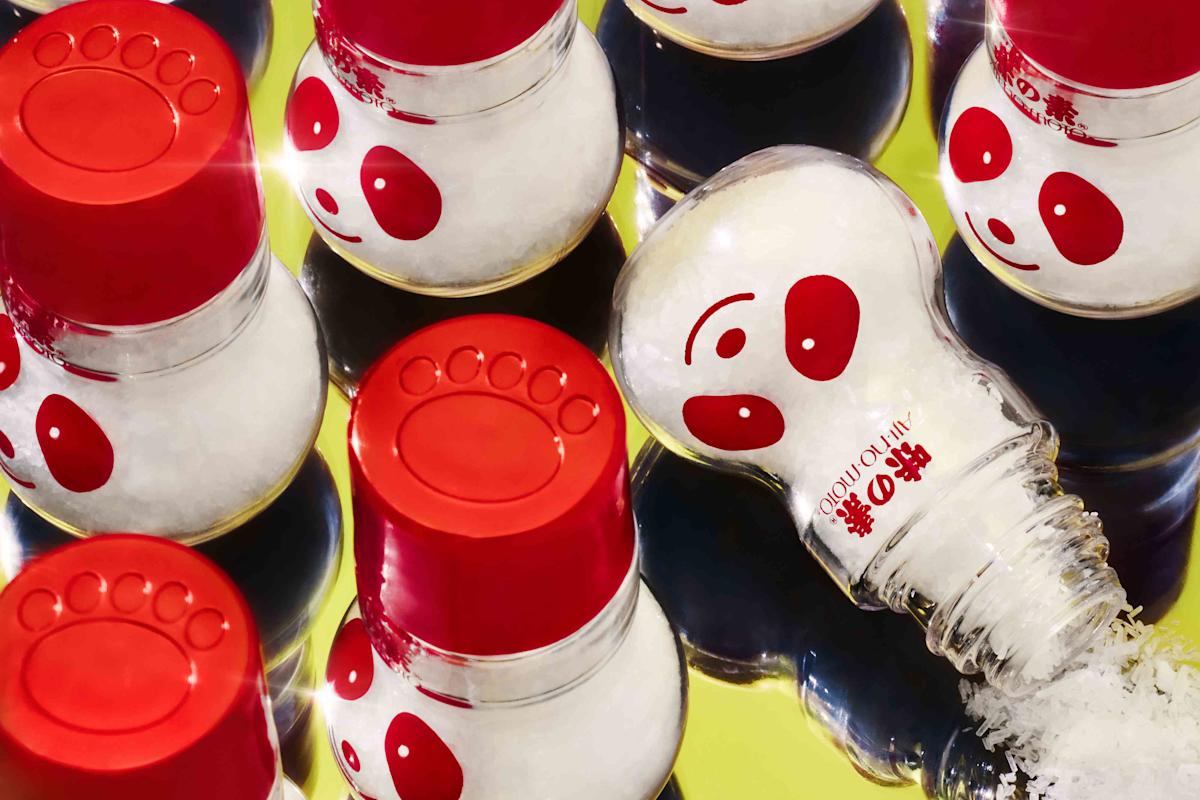
In 1968, the New England Journal of Medicine published a letter to the editor with the headline, “Chinese-Restaurant Syndrome.” The letter detailed the numbness and weakness the letter-writer would experience after eating Chinese food. It theorized that MSG (monosodium glutamate) was to blame. There was no evidence, then or now, that MSG is harmful, and yet, the theory spread and the American perception of MSG has never fully recovered.
According to a 2024 report by The Ajinomoto Group, the world’s oldest and largest MSG brand, 20% of Americans avoid Chinese food because they are worried about the negative effects of MSG. “If we go back to the origin of the negativity around MSG, we realize that it is bigger than just MSG alone,” says Tia M. Rains, vice president of science, innovation, and corporate affairs for Ajinomoto North America. “The history is rooted in racism.”
Related: In Praise of MSG, the Unfairly Maligned Kitchen MVP
Advertisement
Advertisement
But in reality, MSG is just another seasoning and a useful one at that. Glutamic acid — the amino acid from which MSG is derived — occurs naturally in Parmesan cheese, meat, tomatoes, and other savory foods, giving them their characteristic umami flavor. MSG doesn’t have a distinct flavor but rather enhances the depth and savory quality of whatever you use it in.
“[MSG] is the punch of umami that makes a dish — that makes you salivate, that keeps you coming back for more,” writes 2022 F&W Best New Chef Calvin Eng in his cookbook, Salt Sugar MSG. “I don’t add MSG to recipes for the controversial shock factor. I truly believe the seasoning adds something you can’t achieve with just salt and sugar alone.”
Related: 56 Years Ago, a Scientific Journal Made MSG the Bad Guy — These Chefs Want an Apology
Since 2020, The Ajinomoto Group has been on a mission to dismantle the stigmas surrounding MSG, campaigning to make companies like Merriam-Webster and Goop update their language around and definitions of MSG and “Chinese Restaurant Syndrome.”
Advertisement
Advertisement
As part of its #RevisitCRS campaign to confront the origin of “Chinese Restaurant Syndrome,” The Ajinomoto Group formed The Umami Collective, a group of chefs (including Eng), dietitians, and influencers who share a love of MSG and a desire to see it better understood.
Lately, the group has focused on the original source of MSG misinformation: The New England Journal of Medicine. In an open letter to the Journal shared on social media, they asked the publication to acknowledge the role it played in vilifying MSG. (The Journal has yet to respond).
The Ajinomoto Group’s campaigns benefit their brand while increasing the public understanding of MSG and its association with Asian food. According to the group’s nationwide survey of more than 3,000 people, MSG positivity has doubled since 2018, from 7% to 14%. “As a lover and user of MSG on a massive scale, I choose to proudly advertise my use of it,” writes Eng. “It just makes food taste good.”
Read the original article on Food & Wine
